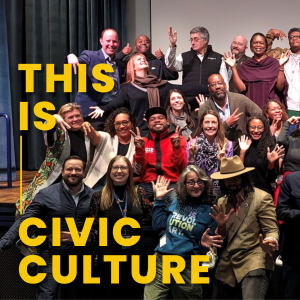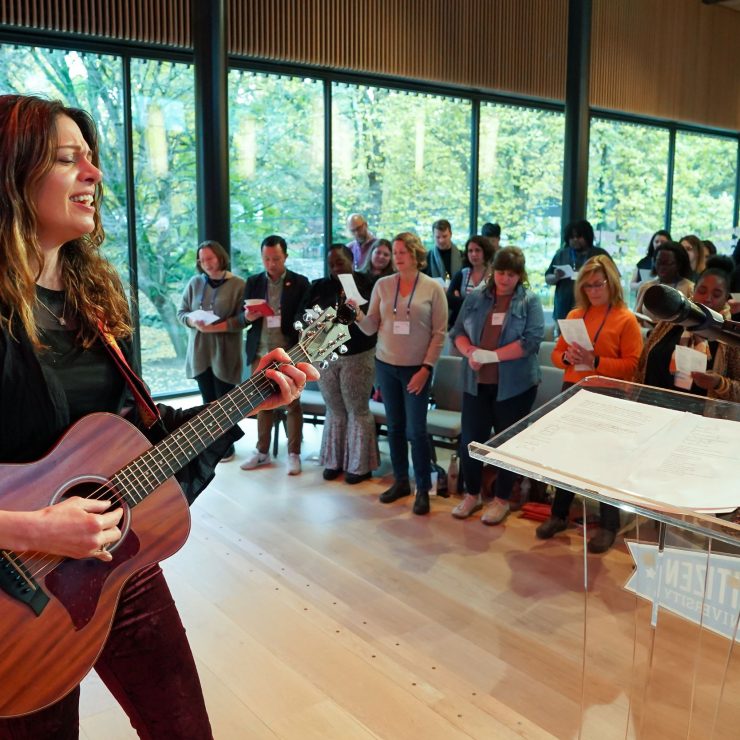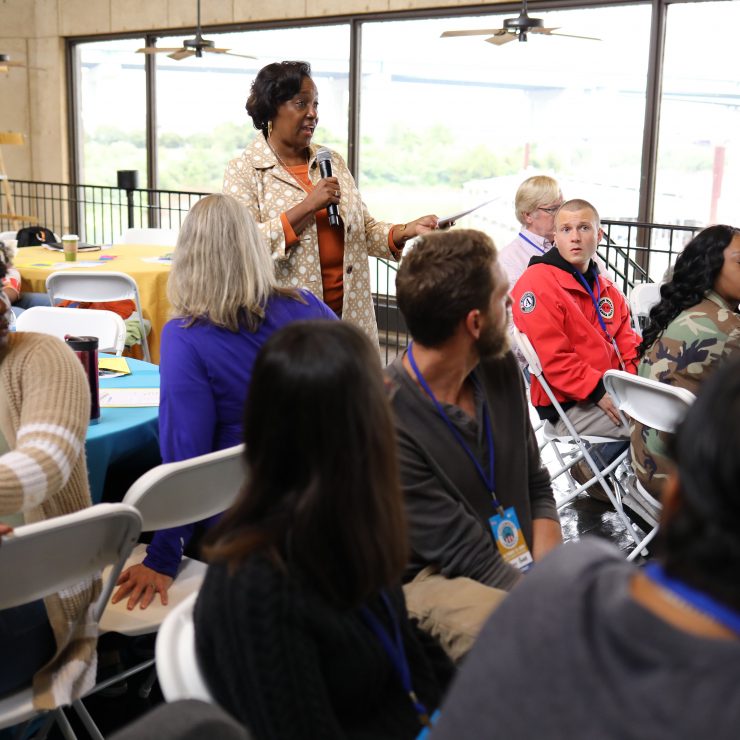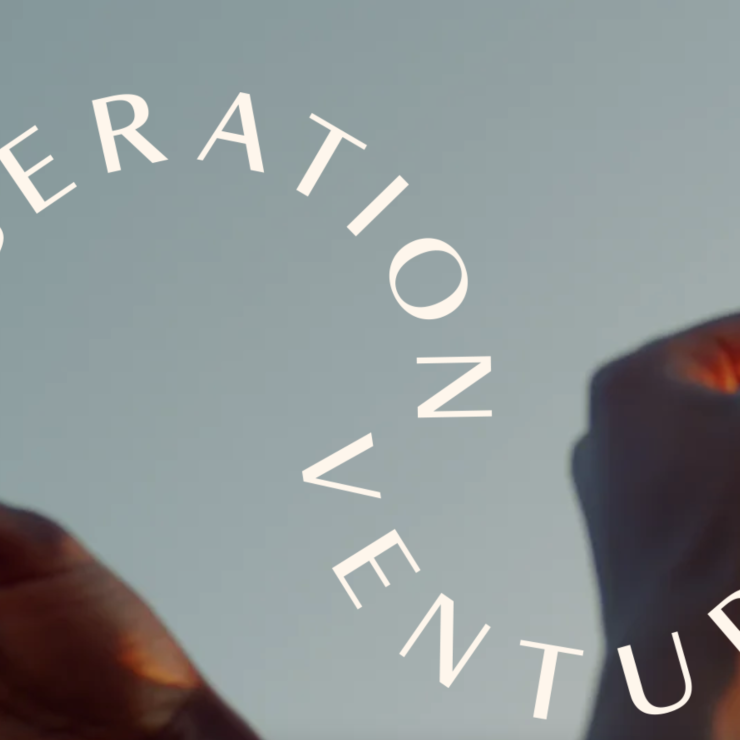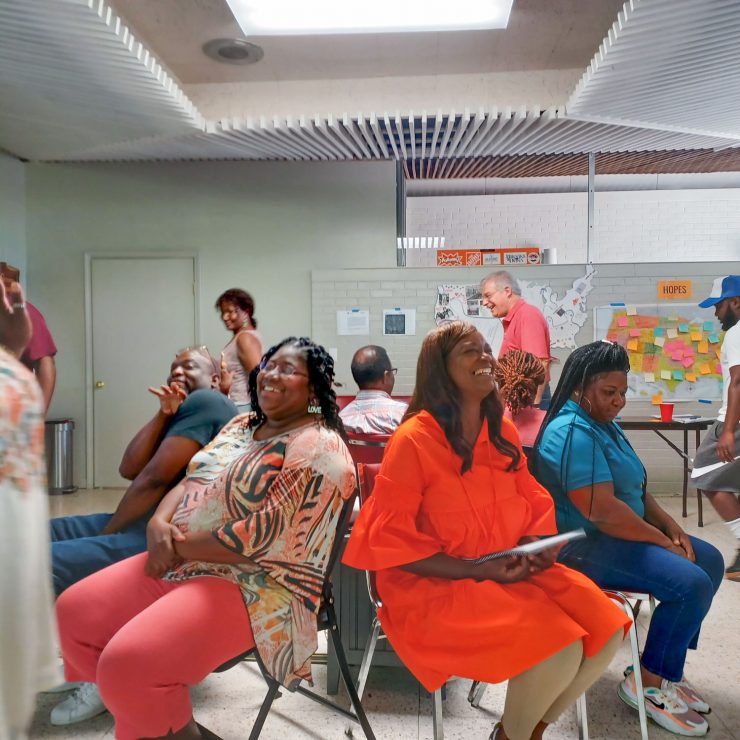How to strengthen civic culture
A hub for inspiration, resources, and events to help catalyze a stronger civic culture across the US.
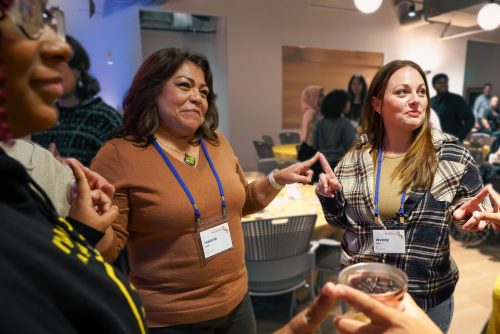
Defining civic culture • Examples of culture in action • Messaging guidance
How will we mend what feels so broken in society?
The ways we treat one another, whether we care for our community, how we show up to solve common problems, whether we are able to disagree without hating one another… our civic culture in America is struggling. We the people are struggling. Presidents and elections can poison our civic culture, but they cannot heal it. Only people can do that through our everyday choices.
Fortunately, in all corners of the country, Americans are hard at work strengthening this shared culture. They’re creating gatherings that break down walls and humanize neighbors again. They’re creating habits of service and inspiring the renewed practice of citizenship. They’re helping others believe that their contributions and participation in our democracy matter.
Strengthening our civic culture takes each one of us — parents, CEOs, journalists, comedians, academics, philanthropists, and everyday Americans. How will you be part of the solution?
A DEFINITION
Civic culture
/ˈsivik ˈkəlCHər/
American civic culture is the set of norms, values, narratives, habits, and rituals that shape how we live together and govern ourselves in our diverse democratic society. It is upstream of politics and government — and it extends to all the facets of how we live together as citizens, behave in public, deal with common problems, relate to our neighbors, and identify with one another and our communities and nation.
The American Academy of Arts and Sciences has published a report called Habits of Heart and Mind: How to Fortify Civic Culture. It explores the what, why, and how of civic culture in America. It’s full of stories and guidance on opportunities to strengthen our nation’s shared civic norms, habits, narratives, and values.
CASE STUDIES
In all corners of the country, catalytic people are shaping the ways we come together as Americans to build stronger civic habits, norms, and narratives.
Featured Strategy: Practice Mutualism and Mutual Aid
Silos? Resource scarcity? Competition? No, not here. Atlanta is choosing a different route: mutual aid, trust, and friendship.
Once a quarter, these civic and community leaders gather with the purpose of offering each other help. A few members of this group present a project, and the rest raise their hands to offer time, connections, and even funding.
“The ATL Civic Collaboratory gave me the biggest single push in one day,” says member Blake Stoner.
Read 7 stories of civic culture →
MESSAGING GUIDANCE
How do we make a nebulous topic like culture pop into 3-D? What research exists to shape the kinds of civic terms and language we should use? Dig into our recommendations and see examples with our messaging and storytelling guidance.
Explore tips for writing and storytelling
Tip #4: Start with familiar language, and deconstruct civic terms quickly. Understand what terms and ideas resonate with your audience, and then start with familiar stories and metaphors that connect them with culture. Avoid isolated jargon, use specific civic terms with purpose, and draw clear connections to more familiar and activating ideas…
Reference resources and research to strengthen your communications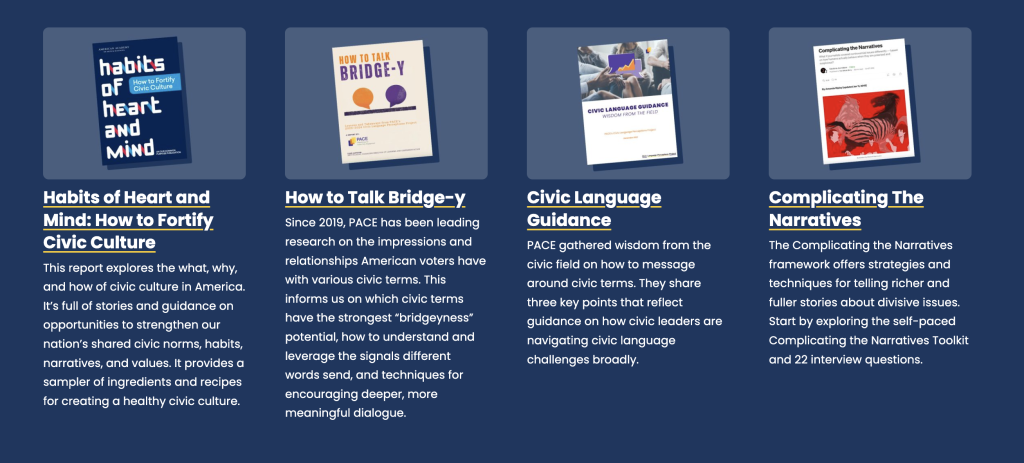
In the media
Explore a few opinion pieces and stories that show how Americans are bringing civic culture close to home.
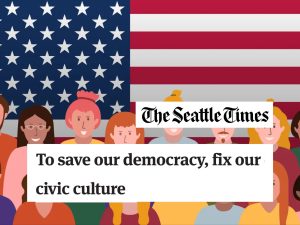
To save our democracy, fix our civic culture
“We know Americans are not going to be scolded into volunteering more or meeting people different from them. The good news is they don’t have to be. When organizations make civic life fun and engaging, people show up, make friends and build community.”
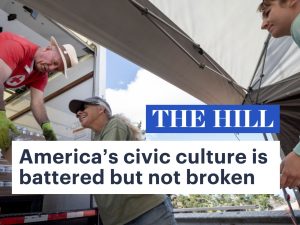
America’s civic culture is battered but not broken
“For the most part, this is not government work. We must do it ourselves. To secure the blessings of liberty for future generations, we must commit to the hard, rewarding work of rebuilding the ties that bind us.”
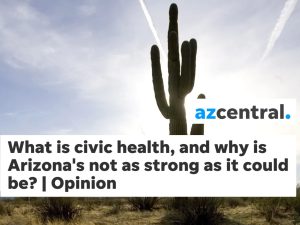
What is civic health, and why is Arizona's not as strong as it could be?
“Arizona has the opportunity to lead by continuing to act on these recommendations. Small, collective steps can add up to big progress, creating a culture where everyone feels a stake in our shared future.”
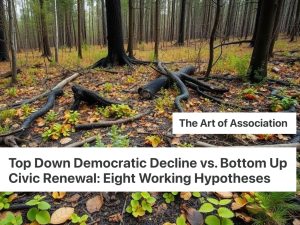
Top Down Democratic Decline vs. Bottom Up Civic Renewal
“If help is on the way, it is not going to come from Washington, DC anytime soon. The renewal of our civic culture, if it occurs, will bubble up from the laboratories of American democracy, i.e., the communities where we live.”
Uncovering the narratives that invite Americans in is an integral aspect of a healthy civic culture. In America’s ongoing debate over identity, these stories can help citizens shift from inaction to common action.
